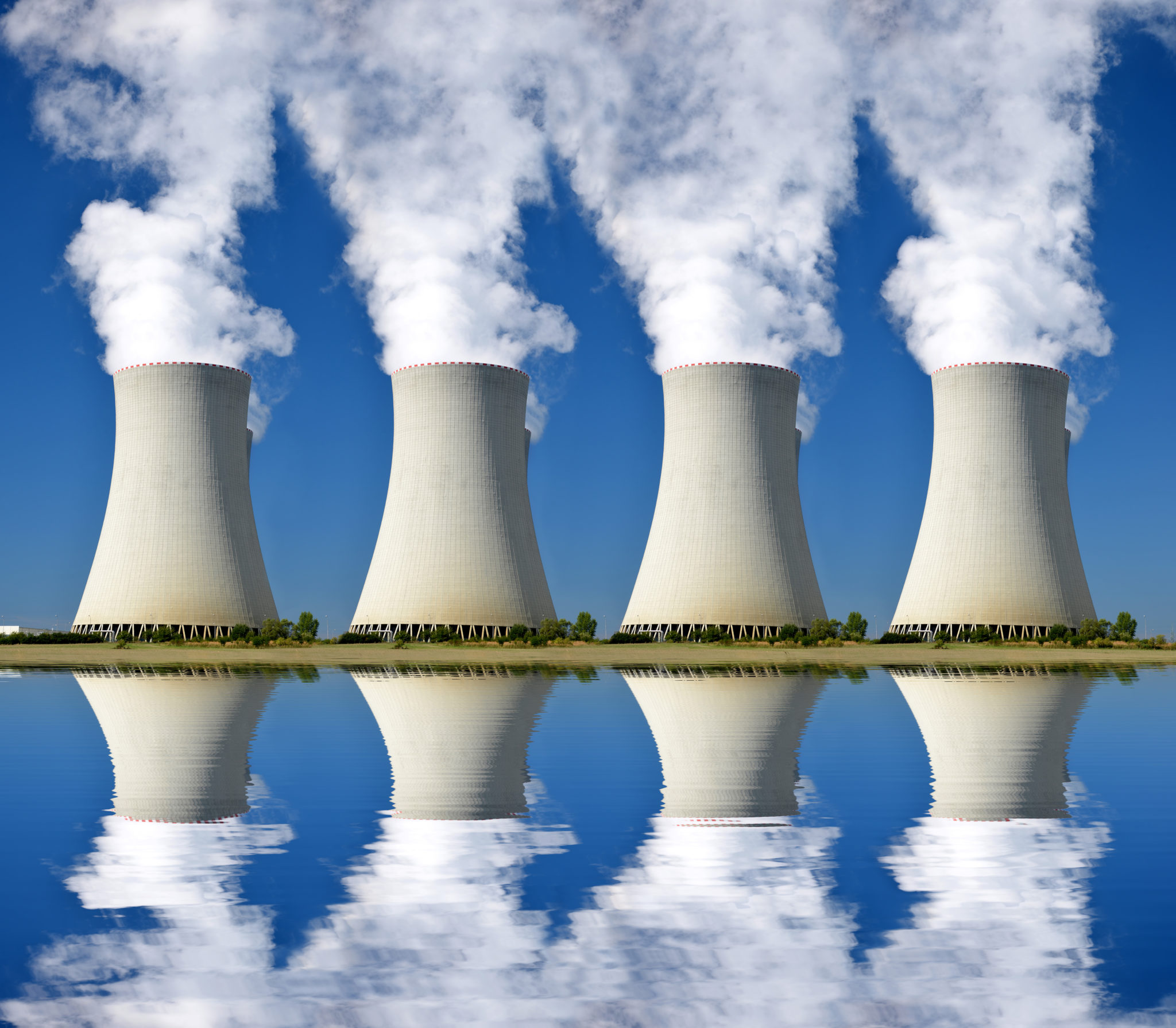
27 Oct 2015 Nuclear Waste Primer Series in Energy and Environment
BPC Action pushes for the enactment of energy policy that allows the U.S. to harness its energy abundance to ensure affordable, secure, clean and reliable energy sources. We encourage development of policies that take advantage of a wide variety of energy sources, including clean energy innovation, oil and gas, nuclear energy, and electricity. The following information is from BPC, our 501 (c) (3) affiliate.
The Bipartisan Policy Center’s (BPC) Nuclear Waste Council has released a series of issue briefs and infographics breaking down the current state of play on key issues in the debate around nuclear waste. The launch of this effort comes as Congress prepares to take up energy legislation in the months ahead.
Options for the Consolidated Storage of Spent Nuclear Fuel
This brief focuses on options for moving forward with the development of one or more facilities for the consolidated storage of spent fuel from commercial nuclear power plants. View the full brief
State Regulatory Authority Over Nuclear Waste Facilities
This issue brief explores options for providing states and federal agencies with new regulatory authorities as one potentially critical element in making a consent-based siting regime for nuclear waste facilities work. View the full brief
Restarting the Yucca Mountain Project: The Case For and Against
The Obama administration’s decision, in 2010, to stop work on a deep geological repository at Yucca Mountain in Nevada marked an important turn in the long, troubled history of efforts to find a safe and permanent way to dispose of America’s spent nuclear fuel and high-level radioactive waste. Five years later, the U.S. nuclear waste management program remains largely paralyzed even as the quantities of spent fuel being stored at commercial reactor sites around the nation continue to grow. View the full brief
10 Things You Need to Know About Nuclear Waste
Over 72,000 metric tons of nuclear waste has been produced by the nuclear energy industry over its entire 50 years of operation. View the full brief
Transporting Spent Nuclear Fuel in the United States: An Assessment of Current Capabilities and Future Challenges
This issue brief looks specifically at the challenge of transporting large quantities of spent nuclear fuel from the dispersed reactor sites where it is currently being stored to one or more consolidated storage and/or permanent disposal facilities. View the full brief
Options for Near-Term Federal Action
The final report recommendations of the Blue Ribbon Commission on America’s Nuclear Future (BRC) included a set of near-term actions that the commission concluded could be undertaken by the Department of Energy, the Nuclear Regulatory Commission, and other stakeholders—without necessarily requiring further action by Congress—to begin moving the nation’s nuclear waste program beyond the state of impasse that has existed since the Obama administration’s decision to stop efforts to license a geologic repository at Yucca Mountain in Nevada. This paper summarizes the main findings of a legal analysis of the BRC’s near-term action recommendations, focusing in particular on whether and to what extent key actions can be taken under current statutory authority. View the full brief
Major Themes from BPC’s Regional Nuclear Waste Stakeholder Meetings
As part of an effort to reinvigorate the national discussion on nuclear waste disposal, the council convened five regional meetings across the United States. Each meeting included two components: a private discussion among key stakeholders, chosen for their broad representation and varying perspectives on the nuclear waste issue, and a public meeting that covered matters relevant to the national issue of nuclear waste disposal and that also provided an opportunity to hear local and regional concerns. The objective at all of the meetings was to identify barriers to solving the nuclear waste problem and to explore options for removing or reducing those barriers. Meetings were held in Boston, Massachusetts; Atlanta, Georgia; Chicago, Illinois; San Juan Capistrano, California; and Richland, Washington.
